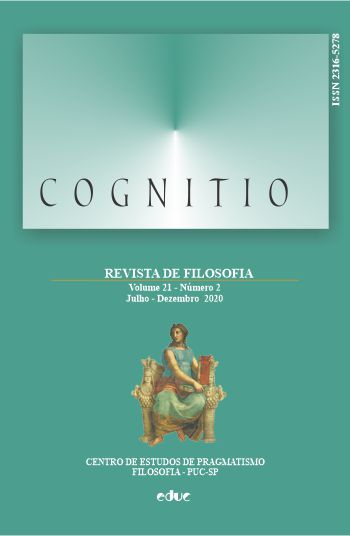Habitus and its semiotic aspect
DOI:
https://doi.org/10.23925/2316-5278.2020v21i2p273-284Keywords:
Belief, Bourdieu, Habit, Habitus, Peirce, SemioticsAbstract
Pierre Bourdieu, inspired by his studies of Panofsky, outlined the concept of habitus in order to describe the relations between the individual and society. For him, habitus has a mediating role, in that they are created from the internalization of the social structures in which a subject finds themselves and which prepare the future action of that individual in society. The objective of this article is to present habitus as a sign, from the point of view of Charles Sanders Peirce's philosophy, and the relationship between individual and society as a semiotic and pragmatic process of the fixation of beliefs. To this end, we will present the common scholastic basis for the concepts of habitus in Bourdieu and habit in Peirce, and then present the Peircean concepts. Thus, it will become more evident how habitus participates in a process of continuous evolution that can either maintain the models of a society or transform them through the inventive actions of agents.Downloads
Published
2021-01-28
How to Cite
Ponte, R. (2021). Habitus and its semiotic aspect. Cognitio: Revista De Filosofia, 21(2), 273–284. https://doi.org/10.23925/2316-5278.2020v21i2p273-284
Issue
Section
Cognitio Papers









